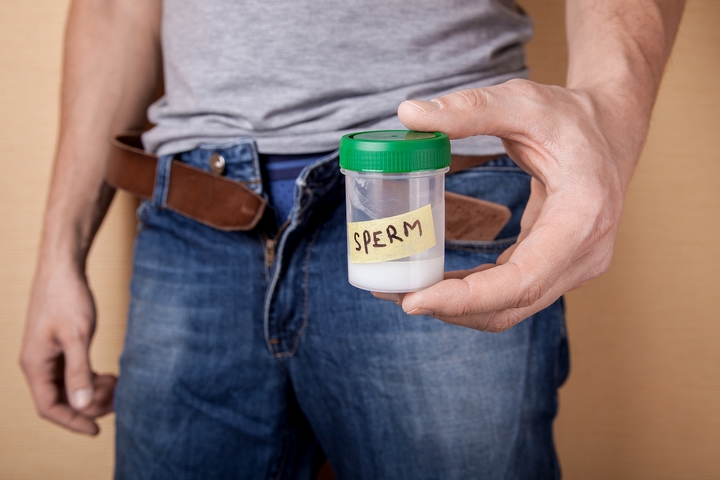4 Types of Effective Fertility Treatments for Men

Trying to have a baby and failing to conceive can be sad, disappointing, and frustrating. There can be many biological reasons why a female is unable to become pregnant including ovarian cysts, poor quality of eggs, and blockages in fallopian tubes. However, there are just as many reasons why conception does not occur involving the male as well.
Male infertility occurs when low or poor sperm production prevents the fertilization of the female eggs. This can occur due to factors such as drug use, chronic illness, obesity, genetics, biological abnormalities, or the presence of a sexually transmitted infection (STI).
Luckily, like females, males have the option of receiving fertility treatments. These can facilitate sperm being more abundant and mobile, often leading to conception with a partner. Below are 4 male fertility treatments and ways they can assist patients in reaching the ultimate goal of conceiving a child.
1. Hormone treatments
Hormone deficiencies, although rare, can be the culprit of male infertility. While there are many types of hormonal imbalances, the most common is a lack of the Luteinizing hormone (LH) and follicle-stimulating hormone (FSH). These are the driving forces behind the testes’ production of sperm. If for whatever reason these have lower levels, little to no sperm will be produced.
When a hormonal imbalance is responsible for male infertility, injections of LH and FSH can be given. While this approach can be successful once it is determined that an imbalance is in fact present, it can take up to one year for enough sperm needed for conception to produce.
2. Medications

When people have an illness, condition, or ailment, they are often prescribed a medication to treat it and results are usually adequate. Male infertility is no different with a variety of medications used in an attempt to increase the production of sperm needed for the conception of a child.
Interestingly enough, many fertility drugs prescribed to women for infertility are given to men with the same condition. They are usually prescribed to men when it is believed that the hypothalamus or the pituitary gland is not signaling the testicles to produce sperm. When this does occur, clomiphene or a gonadotropin is usually prescribed. These drugs both aid men with hormonal imbalances that are causing low sperm counts or poor motility, which means the sperm’s ability to move freely.
3. Electroejaculation therapy (EEJ)
It is a common misconception that male infertility always means the inability to produce enough sperm for conception. While this is common, sometimes the issue is not sperm production but an inability to ejaculate normally or at all. This can be caused by conditions such as diabetes, testicular cancer, or multiple sclerosis (MS).
When ejaculation is the culprit causing the incapability to conceive, EEJ is an option. This treatment consists of a pain-free procedure with anesthesia. Sperm is retrieved from the male with an anal probe that stimulates the prostate. The sperm sample is then used in common fertility treatments. EEJ is a very effective procedure with up to a 90 percent success rate.
4. Surgery
When a male is suffering from infertility, all treatments and procedures will be used with the ultimate goal of being able to conceive with a partner. However, sometimes these are not effective and a last result would be surgery.
When infertility occurs, sometimes it can be due to varicocele, a cluster of varicose veins in the testicles. Varicoceles can result in decreased sperm production and quality. If this is responsible for infertility, a variocelectomy can be performed where the veins can be clamped or tied off, allowing blood to flow around them to normal veins. This type of surgery has proven to increase fertility if the veins are large and repairs are done when they are detected.





